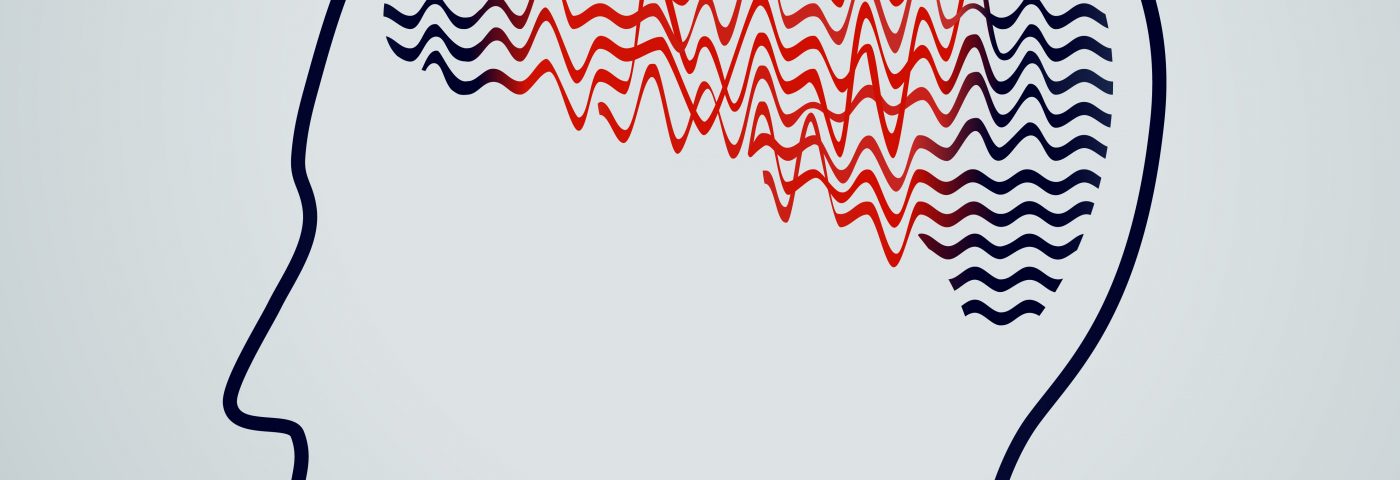The U.S. Food and Drug Administration (FDA) has approved Briviact (brivaracetam) as an adjunctive therapy (used in addition to a primary therapy) for the treatment of partial-onset seizures in epilepsy patients who are at least 16 years old, announced the Belgium-based global biopharma UCB.
“The FDA’s approval of Briviact is significant, because uncontrolled seizures can have serious, long-term effects, and approximately 30 percent of epilepsy patients remain uncontrolled on currently available treatments,” Dr. Pavel Klein, director of the Mid-Atlantic Epilepsy and Sleep Center, said in a press release.
Briviact is a new molecular entity that was rationally designed and developed by UCB. The drug displays a high and selective affinity for synaptic vesicle protein 2A (SV2A) in the brain, which might contribute to the anticonvulsant effect. The precise mechanism by which this happens is not entirely known. Briviact will be commercialized in three formulations: film-coated tablets, oral solution, and injection.
“We are excited to introduce Briviact as a new therapeutic option that may make a difference in the lives of people with epilepsy in the U.S.,” said Jeff Wren, UCB executive vice president and head of neurology. “This approval is the culmination of more than eight years of clinical trials involving more than 2,400 adult patients with partial-onset seizures. The development of Briviact builds upon our longstanding heritage in developing meaningful treatment solutions for people living with epilepsy.”
The most frequent side effects were some drowsiness and sedation, dizziness, fatigue, and nausea and vomiting, reported by 5 percent of patients treated with Briviact at 50 mg daily minimum, and greater than placebo. The discontinuation rate due to adverse reactions was 5 percent, 8 percent, and 7 percent for patients randomized to receive Briviact at the recommended doses of 50 mg, 100 mg, and 200 mg per day, respectively, in comparison to 4 percent in patients given placebo.
The trials behind these data are three pivotal Phase 3 studies (NCT00490035, NCT00464269 and NCT01261325) in which Briviact proved its efficacy over placebo in reducing partial-onset seizure frequency during treatment
The FDA approval was also based on these trials. The Drug Enforcement Administration (DEA) anticipates having Briviact classified according to the drug scheduling process within the next 90 days. After that, the drug can become commercially available in the United States.
In January, the European Commission approved marketing authorization for Briviact as an adjunctive therapy for partial-onset seizures in patients age 16 or older with epilepsy.


